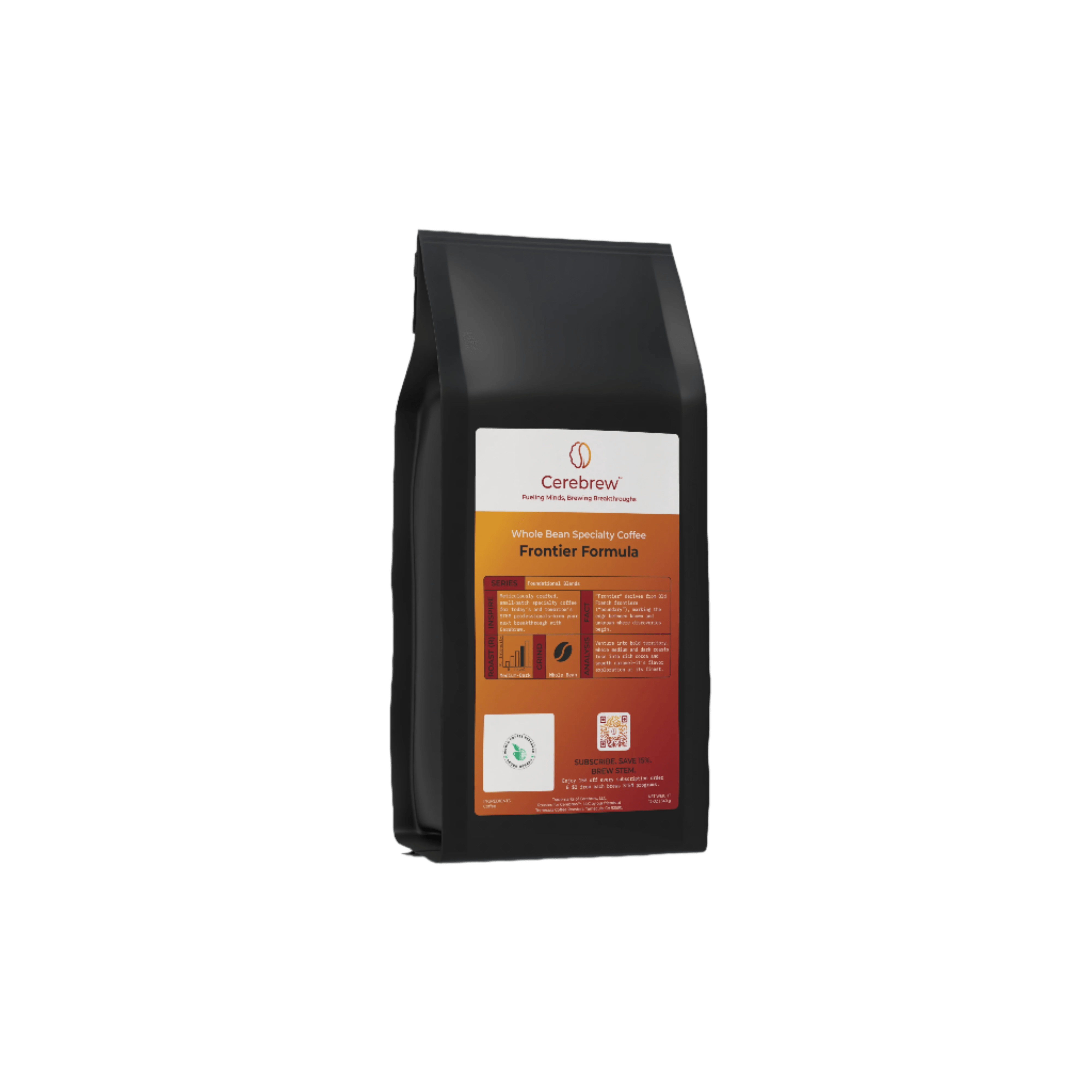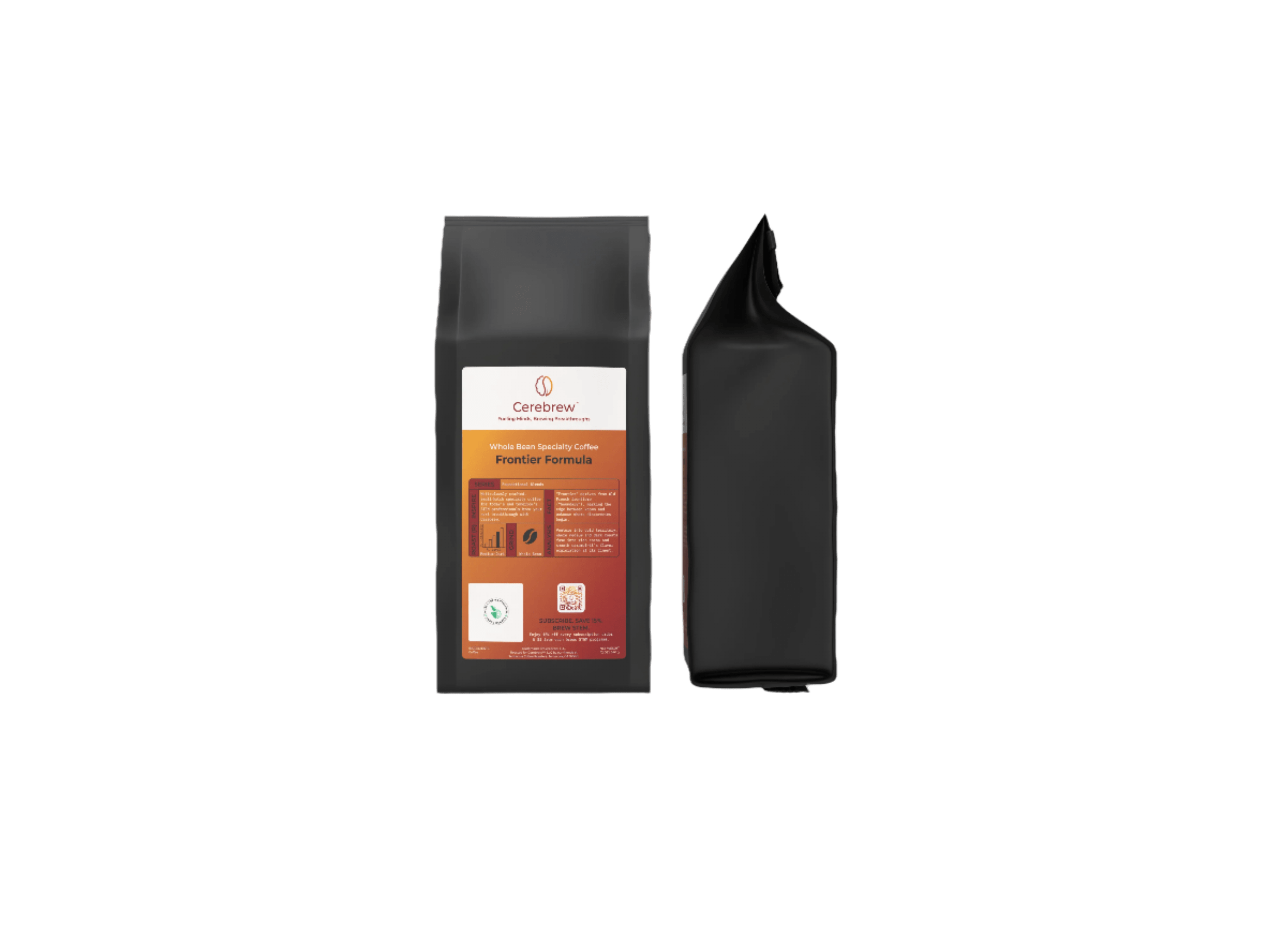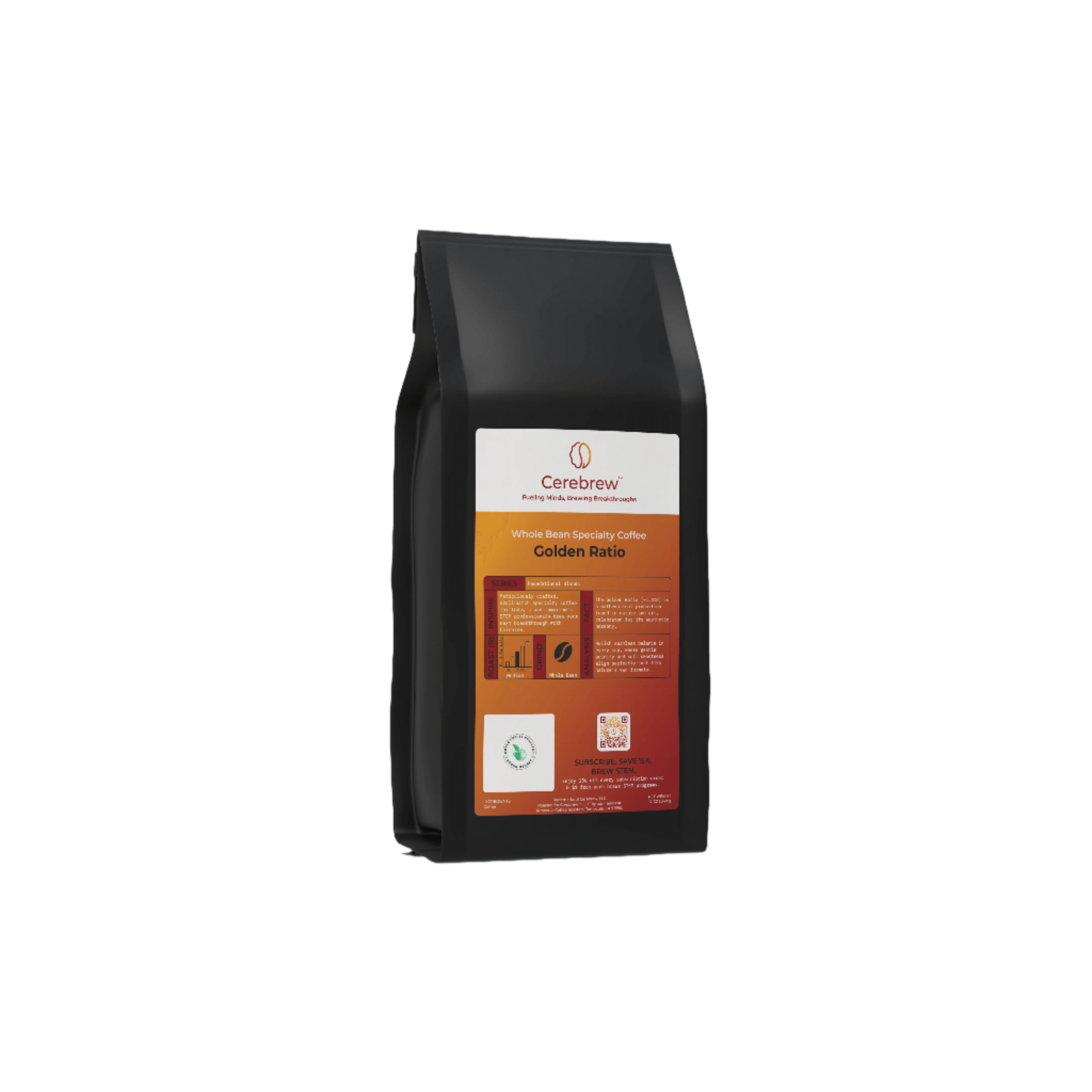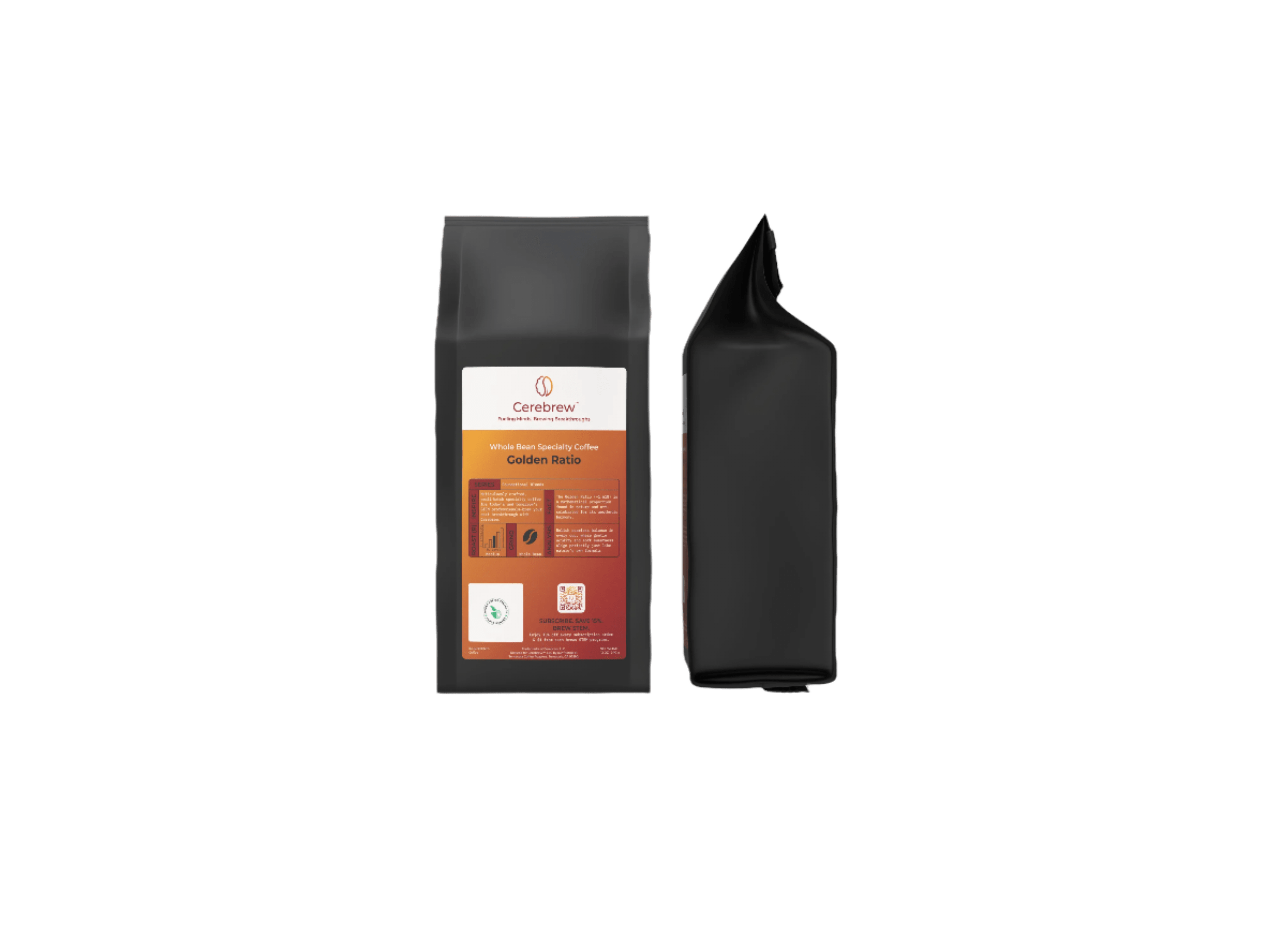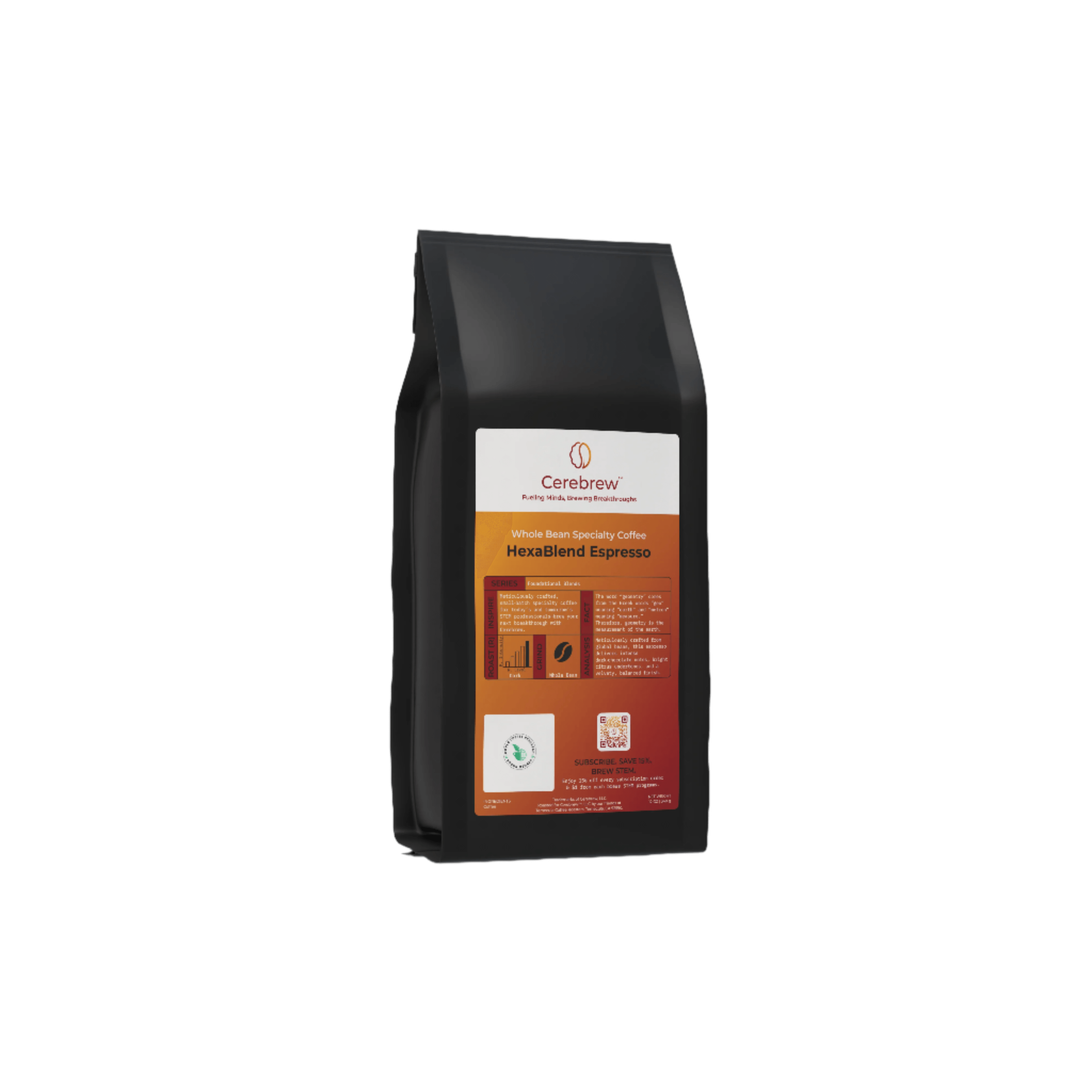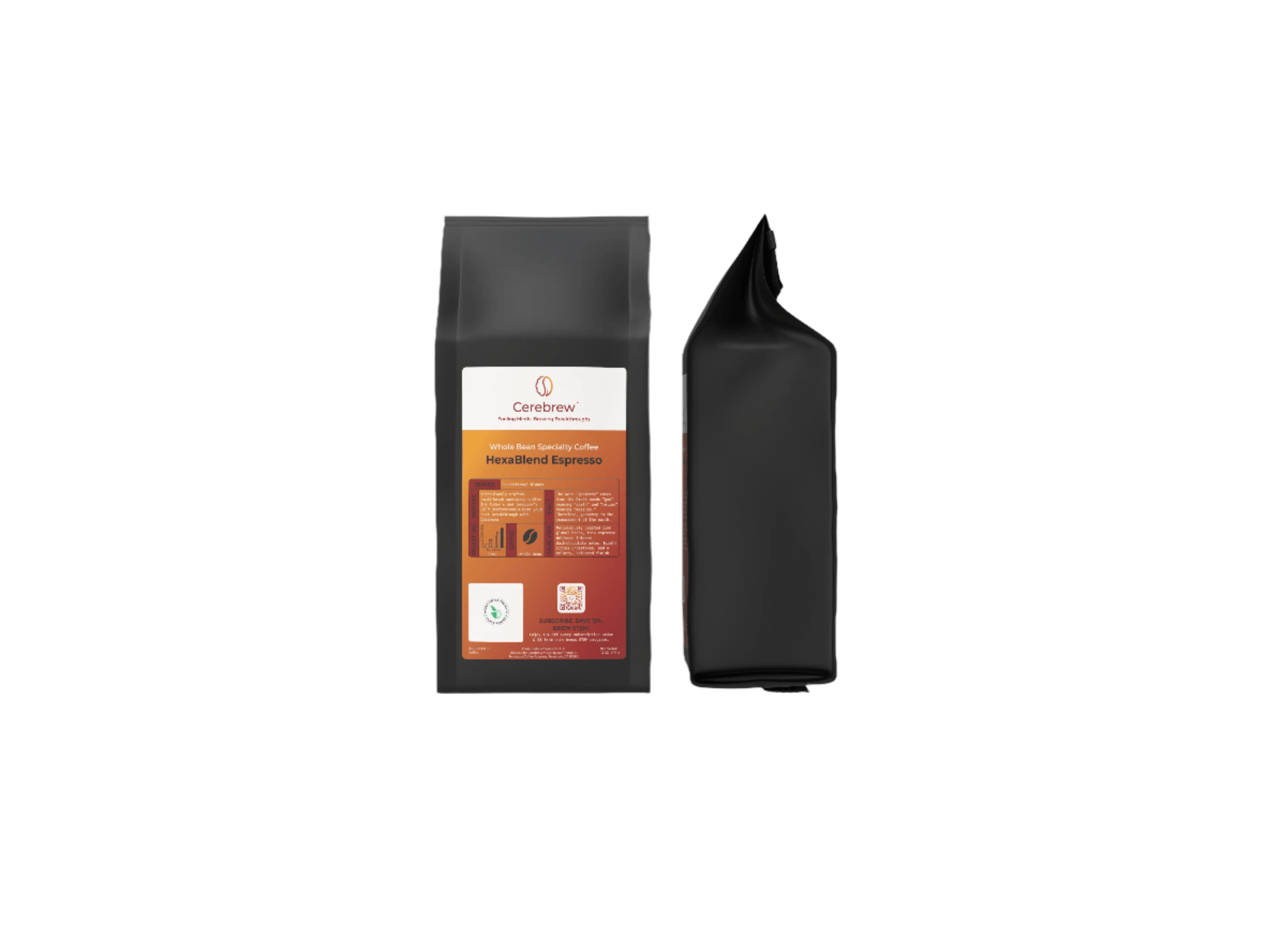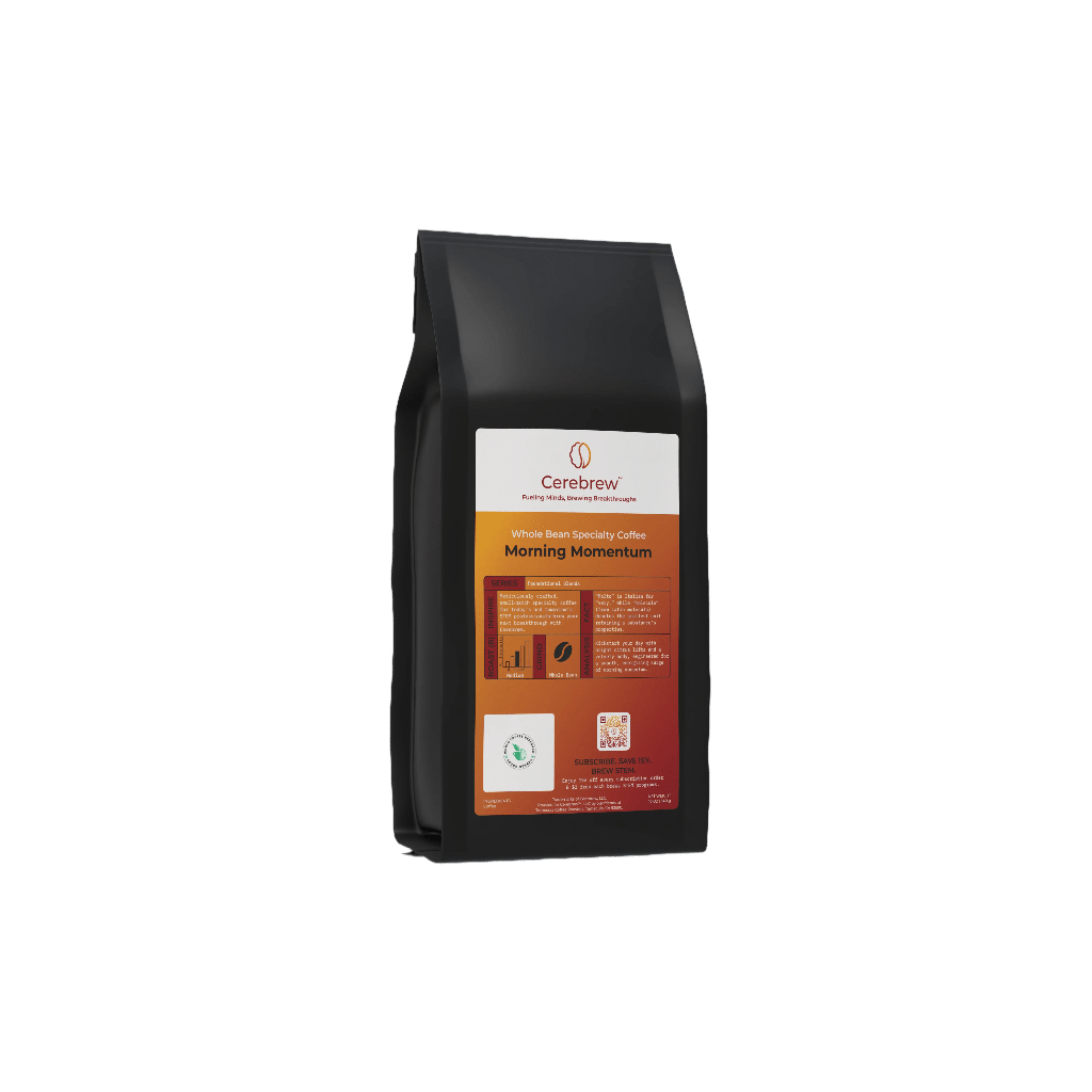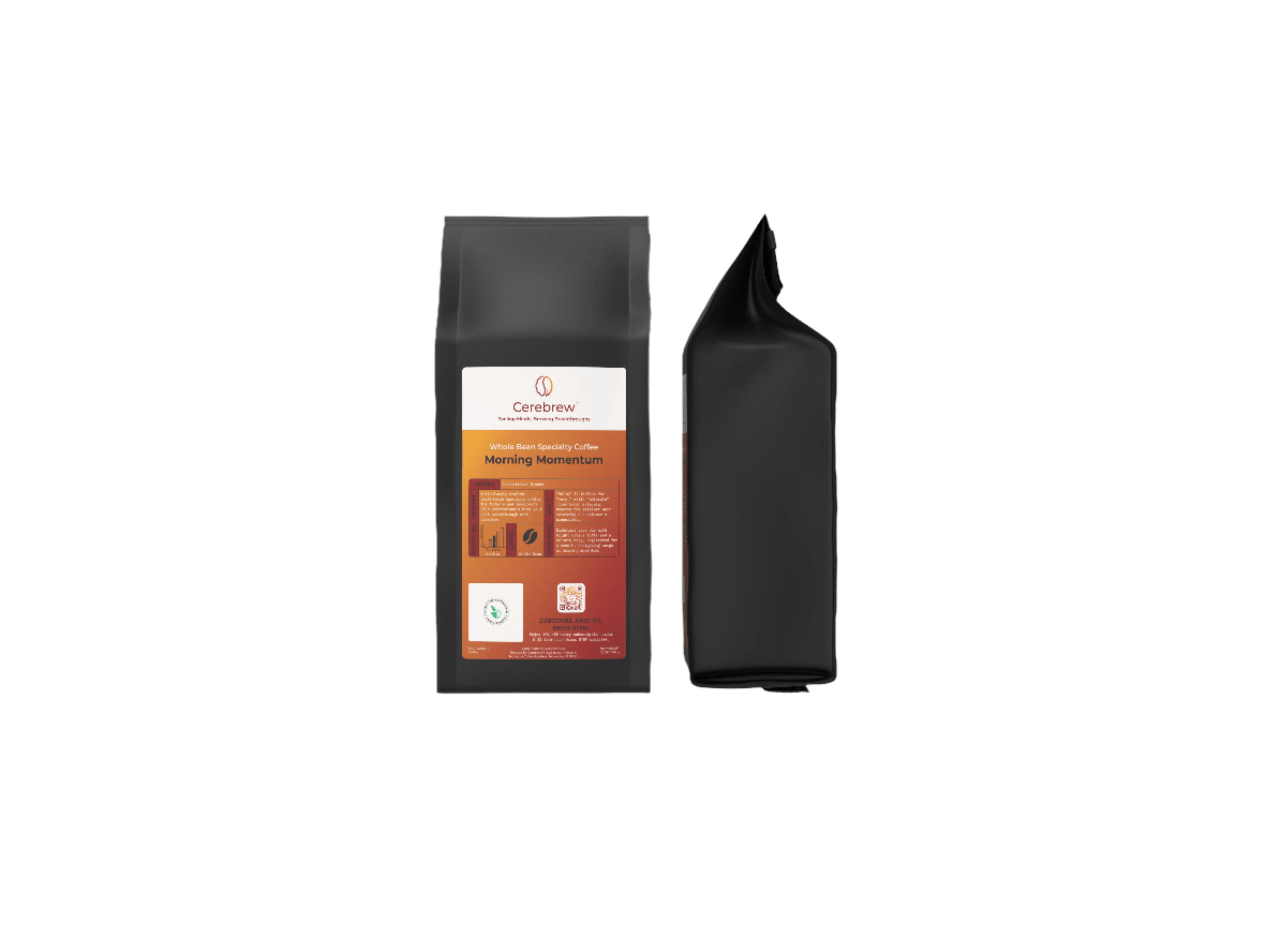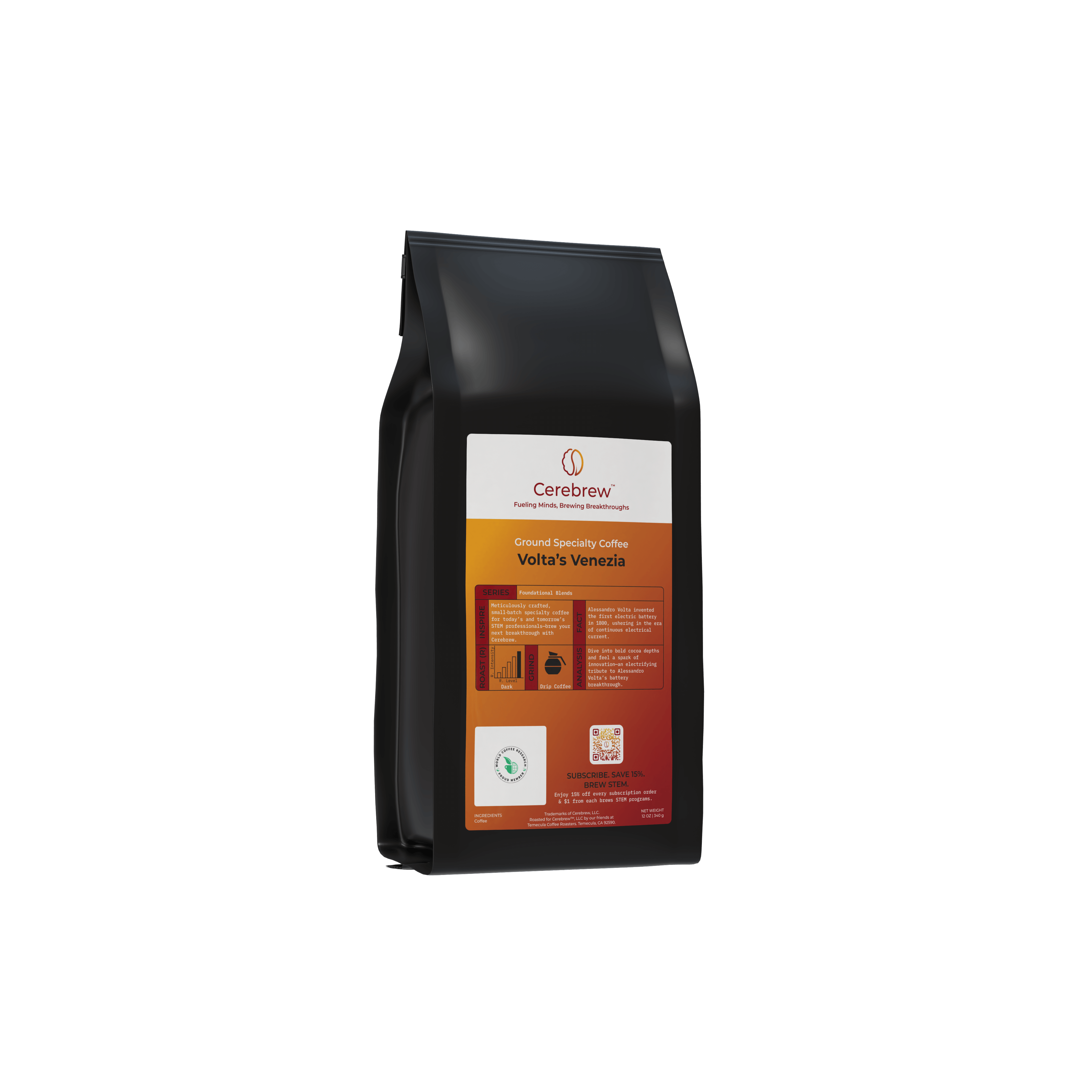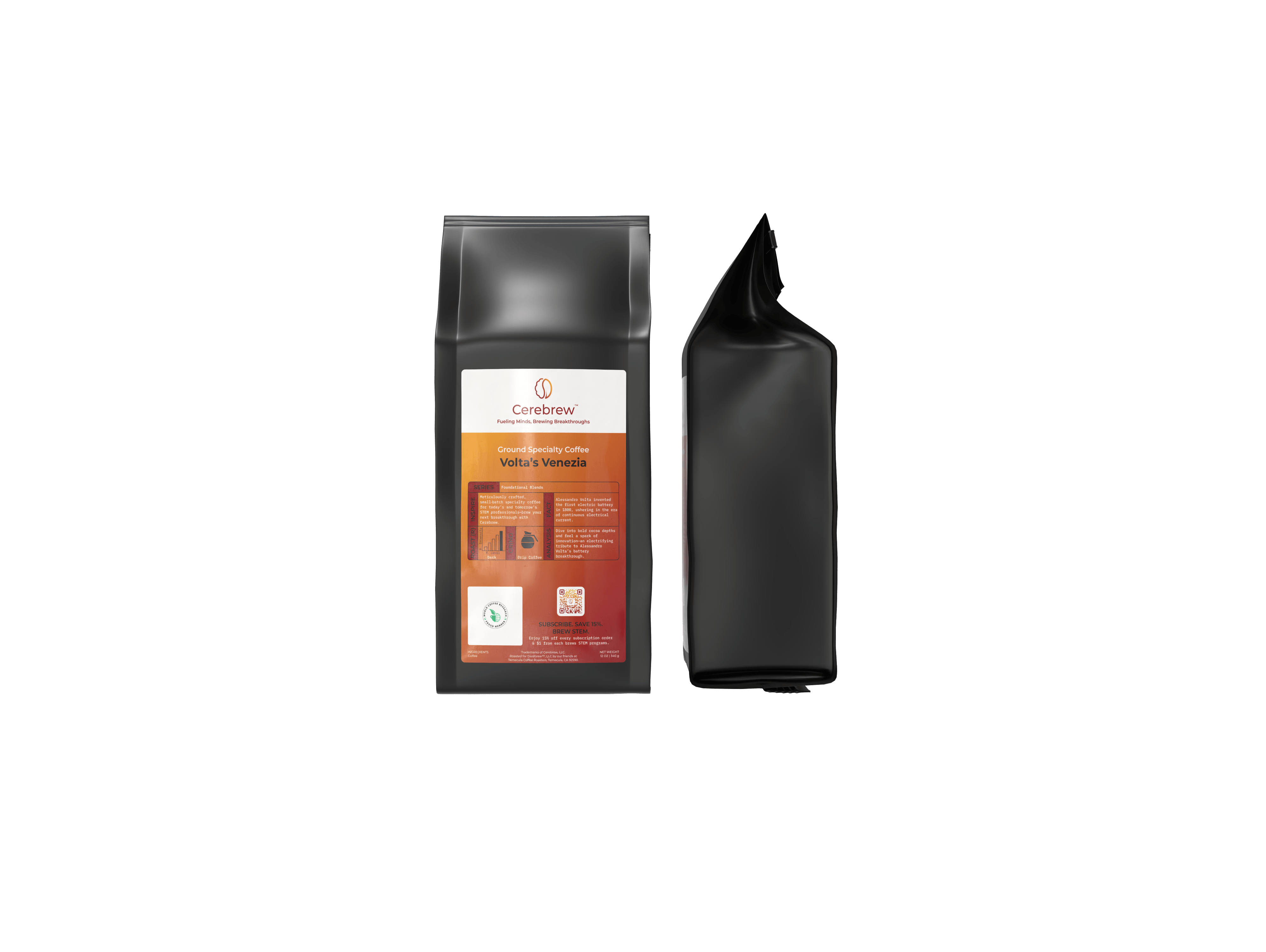Will Coffee Grounds Keep Cats Away?
Cats are curious creatures, often wandering into gardens and yards uninvited. While their antics can be endearing, not everyone appreciates these feline visits, especially when they lead to dug-up flower beds or territorial markings. If you're looking for a natural way to deter cats from your garden, you might have heard about using coffee grounds as a repellent. But does it really work? Let's explore the potential of coffee grounds as a natural cat repellent.
Understanding the Problem
Before diving into solutions, it's essential to understand why cats might be drawn to your garden. Cats are territorial, and gardens often provide a perfect playground with plenty of sights, smells, and textures to explore. Additionally, gardens can offer potential prey, such as insects or small animals, making them even more attractive to our feline friends.
The Appeal of Coffee Grounds as a Repellent
Coffee grounds are the remnants of brewed coffee beans, typically discarded as waste. However, they have found a new life in gardening and household uses, praised for their environmental benefits and versatility. One of the less-known uses is as a natural cat repellent. But why coffee grounds?
Why Coffee Grounds?
- Strong Aroma: Cats have a highly developed sense of smell, much stronger than humans. The robust aroma of coffee grounds can be overwhelming and unpleasant for them, potentially deterring them from areas where coffee grounds are spread.
- Texture: The rough texture of coffee grounds can be uncomfortable for cats to walk on, discouraging them from venturing into areas treated with them.
- Environmentally Friendly: Using coffee grounds is a sustainable choice, as it repurposes waste material that would otherwise end up in the landfill.
How to Use Coffee Grounds as a Cat Repellent
If you decide to try coffee grounds as a cat repellent, here’s a step-by-step guide on how to use them effectively:
Step 1: Collect Used Coffee Grounds
Start by collecting used coffee grounds from your daily coffee routine. If you're not a coffee drinker, consider asking local cafes or coffee shops if they can donate their used grounds to your cause. Many establishments are happy to give them away for free.
Step 2: Dry the Grounds
Spread the used coffee grounds on a baking sheet and let them dry. This step is crucial because wet coffee grounds can become moldy, reducing their effectiveness and potentially harming your plants.
Step 3: Sprinkle in Target Areas
Once the grounds are dry, sprinkle them generously in areas where you want to deter cats. Focus on garden beds, around the base of plants, and any other spots frequented by cats.
Step 4: Reapply Regularly
Coffee grounds lose their scent over time, especially after rain or watering. To maintain their effectiveness, reapply the grounds every couple of weeks or after heavy rainfall.
Effectiveness of Coffee Grounds as a Cat Repellent
While many gardeners have reported success with using coffee grounds to keep cats away, it’s important to note that results can vary. Cats, like humans, have individual preferences and tolerances. Some might be deterred by the smell and texture, while others might not be bothered at all.
Factors Influencing Effectiveness
- Cat's Personality: Some cats are more adventurous and less sensitive to strong smells, which might reduce the effectiveness of coffee grounds.
- Amount Used: A light sprinkling might not be enough to deter a determined cat. Ensure you use a generous amount for better results.
- Regular Reapplication: As mentioned, the scent fades over time, so consistent reapplication is necessary to maintain effectiveness.
Additional Benefits of Coffee Grounds in the Garden
Even if coffee grounds don't fully keep cats at bay, they offer additional benefits to your garden:
- Nutrient-Rich: Coffee grounds contain nitrogen, a vital nutrient for plant growth. They can improve soil structure and fertility when mixed into the soil.
- Pest Deterrent: Besides cats, coffee grounds can also repel other pests like slugs and snails, making them a versatile addition to your garden maintenance routine.
- Composting: They are an excellent addition to compost piles, helping to balance the carbon-to-nitrogen ratio and accelerating the decomposition process.
Alternatives to Coffee Grounds
If coffee grounds aren’t effective in your situation, consider trying other natural cat repellents:
- Citrus Peels: Cats generally dislike citrus scents, so scattering lemon or orange peels can be an alternative deterrent.
- Vinegar: Spraying a diluted vinegar solution around the garden can also help deter cats due to its strong odor.
- Herbs: Planting herbs like rue, lavender, or rosemary may keep cats away due to their aromatic properties.
Conclusion
Coffee grounds can be a viable option as a natural cat repellent for your garden, offering both deterrent properties and additional gardening benefits. However, their effectiveness may vary, and they should be used as part of a broader strategy for managing unwanted feline visitors. By incorporating coffee grounds into your gardening routine, you can repurpose waste, enrich your soil, and potentially enjoy a cat-free garden space.
Remember, the goal is to coexist peacefully with our feline friends while keeping your garden thriving. Whether it’s coffee grounds or another method, finding the right balance is key.










